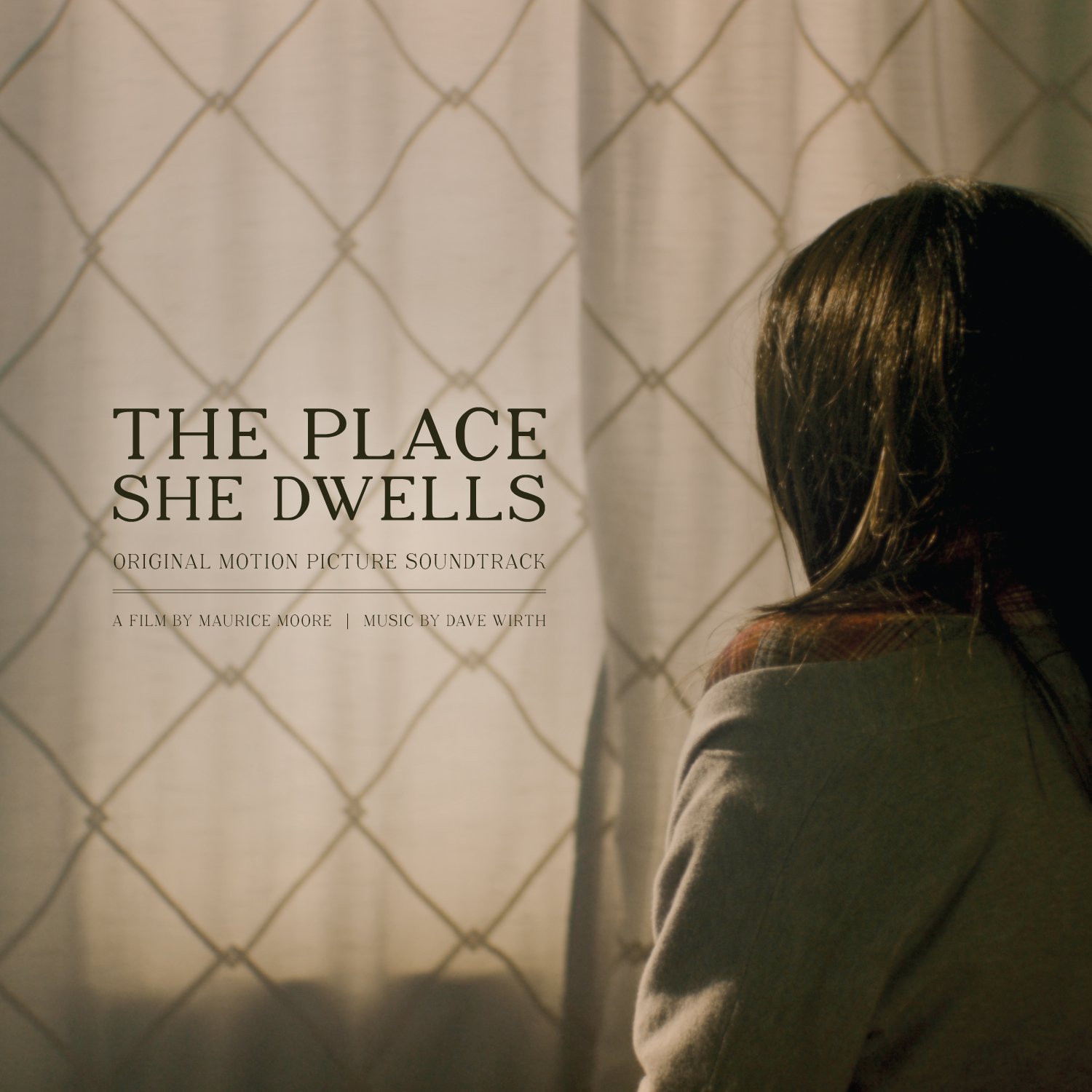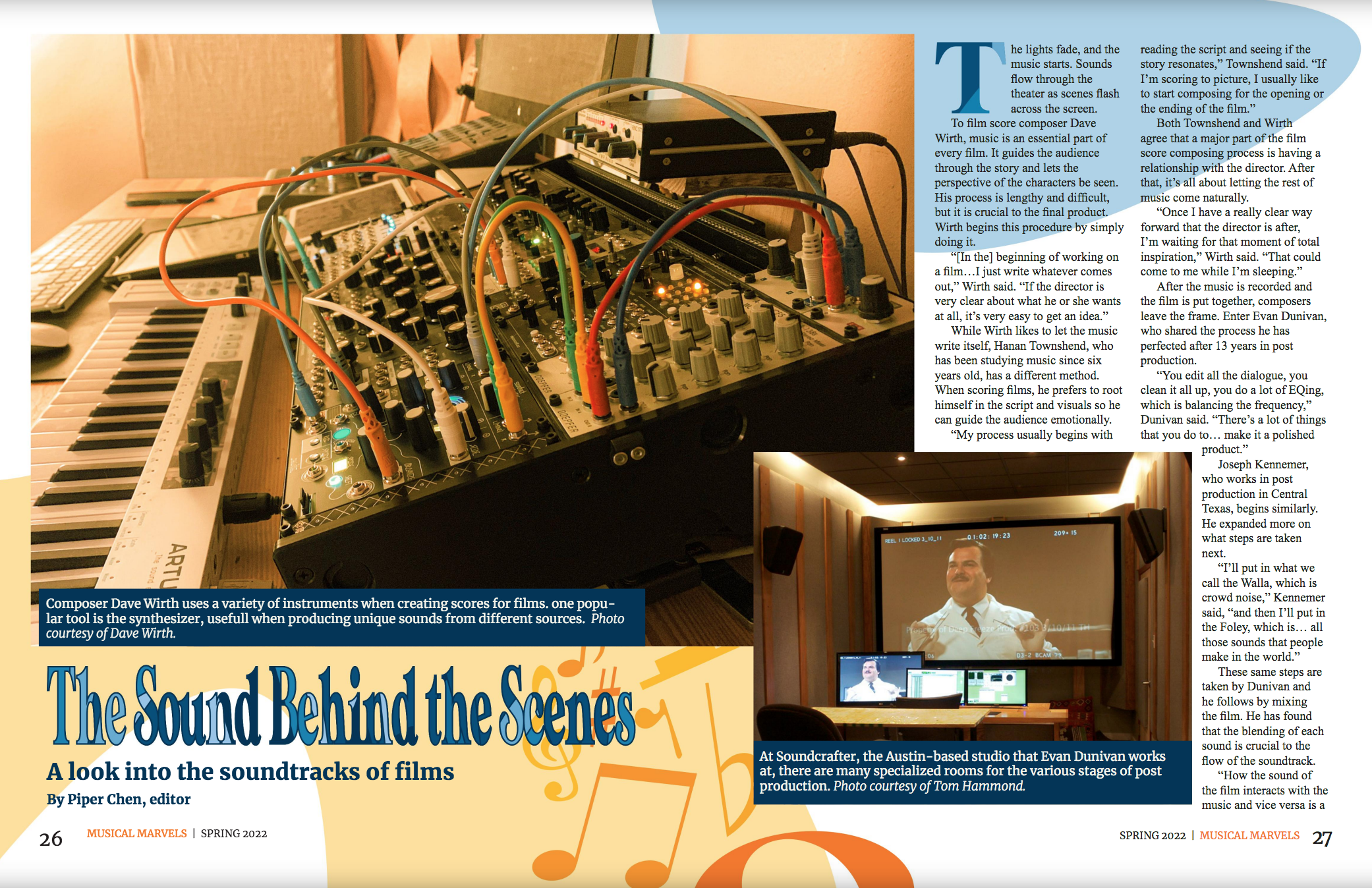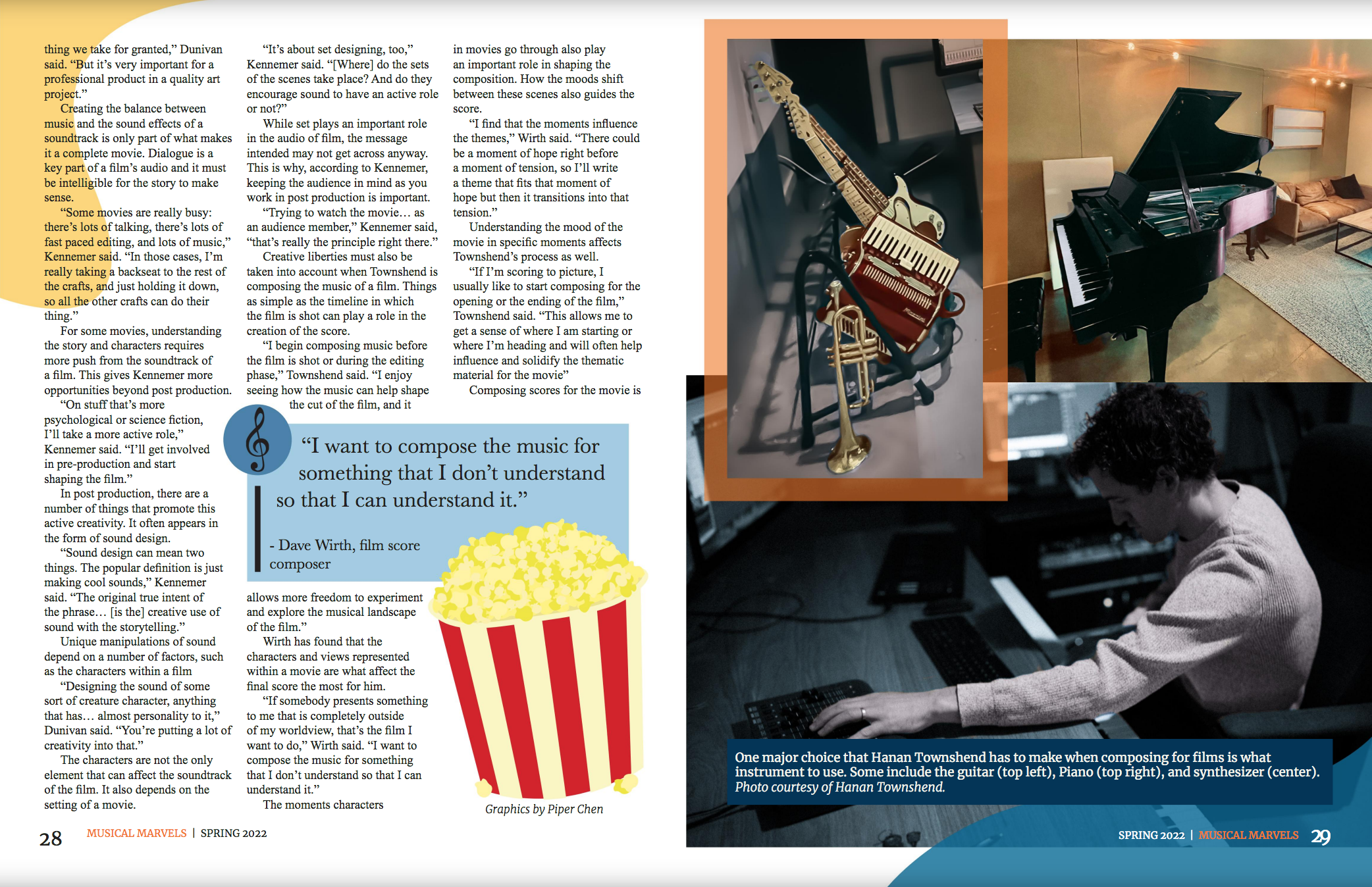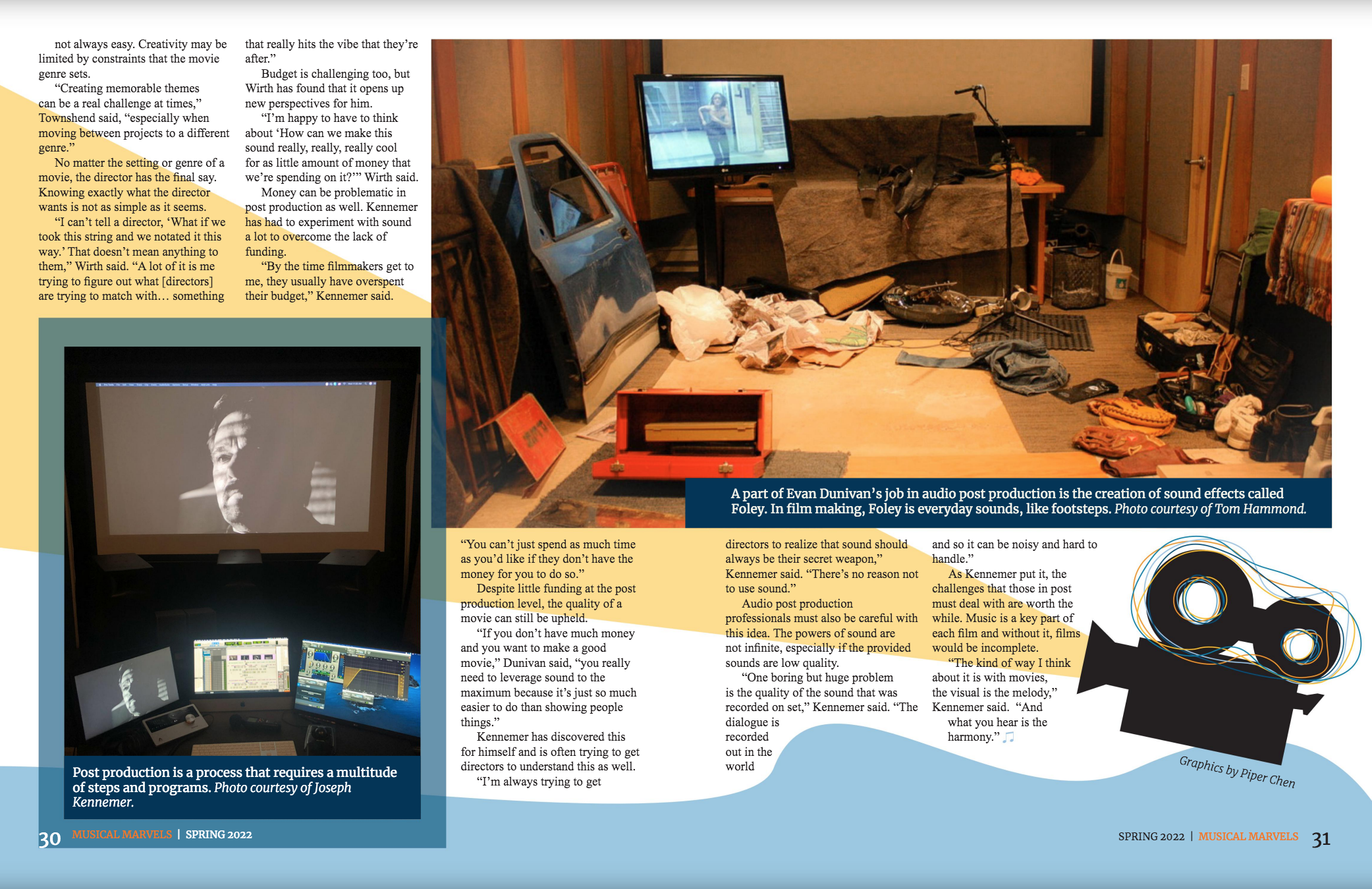The Shikes is an American band and a brainchild of Austin, Texas based musician Dave Wirth. Wirth is known for his work as a film composer, producer and writer, in addition to his work across many different spectrums of music. Today we take a listen to The Shikes’ recently released mini-album, Aggression, as well as share our interview with the exceptional Dave Wirth!
Aggression features songs that contain tasteful use of synthesizer and plenty of pop sensibility. The album kicks off with “It’s Gone A Spring Song”, which displays some very strong noise pop in both its intro and outro; this reminds me of the kind of stuff No Age is known for. When it comes to the track’s vocal mixing, expert use of delay and perhaps a bit of distortion makes the vocals feel somewhat otherworldly, though the lyrics are certainly of this Earth, making for an interesting combination that enhances the melody and kept this song kicking around my head for a few days after initially listening.
Next up is “Sit, Think, Make, Say, Do”. This track has an exceptionally bright and airy sound quality to it, really displaying an incredible and entertaining mixture of synth and pop work that is easily enjoyable. That said, the lyrics hold darker overtones involving fear and exploitation, giving this song unique contrasting elements that, while making the song darker in nature than at first glance, give it all the more appeal once you read in between the lines.
“Trouble In The Height Of Spring” is up third, closing out Aggression. In terms of pop masterpieces, this track feels as though it was written to be one, truly capturing a dreamy use of synthesizer while also coming through like a masterclass in melody. As the track progresses, more noise pop elements come through, distorting its initially airy nature, begging the question: is this more a dream or nightmare? The lyrics manage to match the mysterious dark nature that begins to seep through as well. This dark/noise pop approach is delightful and easily found throughout Aggression in a few different forms, really encouraging you to listen close to the lyrics being sang while enjoying the synth-y ride.
Now let’s jump into the interview with Dave Wirth!
Dave Wirth, mastermind behind The Shikes and Aggression
Thank you for being with us today!
"Very happy to be here! Thank you."
I am completely unfamiliar with the word "Shike" is. Can you tell us how you got your name and what it means?
"Heh, that's funny. I haven't thought of that in years. Originally, I just liked how explosive the sound was. I thought it was super intense and it fit the music really well. After doing a bit of research, the word 'Shike' could also be short for 'Shikker,' which is a slang word used in in Australia at around 1910 or so that means drunkard. It's really anybody's guess."
Can you share some of your influences and how their sounds find their way into your music?
"I guess Belle and Sebastian was a big one for this record. I was definitely fascinated with how poppy their music can sound and how dark the lyrics were. I wondered if I could do that, so I really dug into that idea. The music ended up turning out quite a bit different of course, and that's okay."
Your music seems to have a lot of moving parts in terms of its instrumentation, weaving some complex textures. Would you mind walking us through your writing process?
"A friend of mine had this amazing Gibson hollow body guitar from the 1940's, and he graciously allowed me to take it home and write with it. Songs kinda came out of the guitar without me intending to. I often like to record something really simple and then mess it up later by replacing the simple part with something more intense. All of the songs started with the one Gibson hollow body, and from there it came together. Then it was years of me tinkering, putting the right sounds here and there, remixing it and making it sound interesting to my ears."
How has the COVID-19 pandemic had an effect on your band? Do you have any upcoming plans to stream live performances or anything in the works for after the pandemic subsides?
"COVID19 hasn't been too big a deal for me. Since I don't really perform (I love being in the studio far more), it didn't cramp on my style. If anything, COVID19 gave me a chance to release this record, which btw, these songs were written in 2004, recorded in 2004 or so, mixed in 2013, and then I did the remastering of it in 2020. And, no plans for live streaming! Maybe if people really wanted to see me perform, but I'm very happy just releasing records and calling it a day."
Your new mini-album "Aggression" mixes noise pop elements with some really synthesizer, which combined reminds me of some of my favorite bands like The Postal Service, No Age and Say Hi. What were your goals when writing and recording this album? How do you feel you achieved them?
"Oh wow, I haven't checked out those bands! Now I have to! My only goal when writing, recording, anything, is to use the tools to create a song that lives on it's own. All I want to feel when it's done is that it feels mysterious, out there, and it's a bit like a beast looking back at me. I think Paul Klee once said that he knew when a painting was done by whether or not it looked back at him. If a song lives and breathes on it's own, I'm happy."
Is there anything else you'd like our readers to know?
"One thing: Support the blog owner. Donate to him. Advertise on his site. He's a good guy."
Thank you so much for your time!
After our interview with Dave Wirth, many elements of this mini-album become a bit more clear. For me, at its core, Aggression is a display of duality; its sounds are mostly innocent, bright, airy and simply an absolute delight to listen to while the lyrics come from a somewhat darker place that make you think and those moments when the music shifts are absolutely incredible. It is through this duality that we find true art in this album from a dedicated and skilled artist. Check out Aggression on Bandcamp (also embedded below), The Shikes’ website and Distrokid. You can also learn more about Dave Wirth and his many projects through his website. Thank you for reading!





























